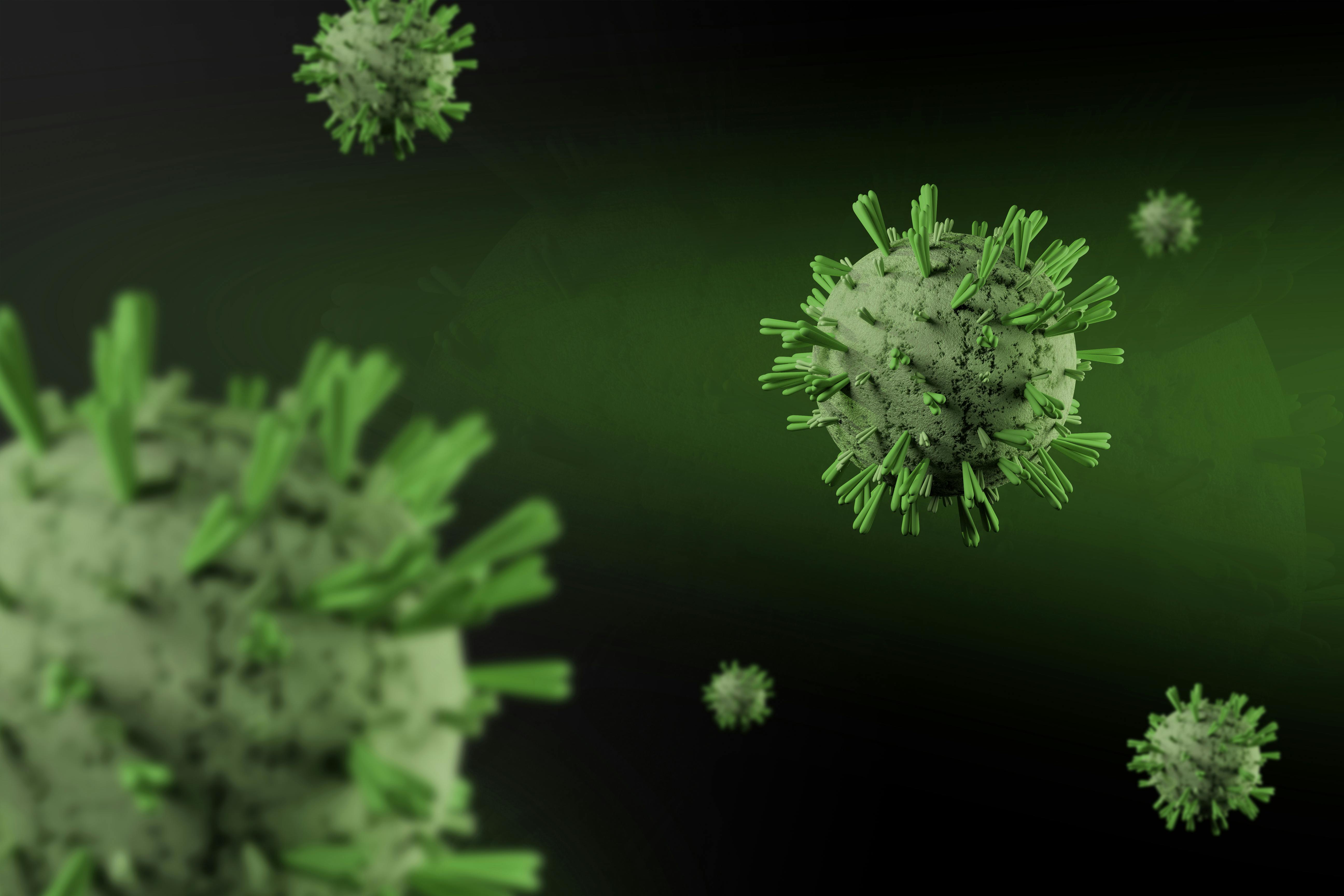The human immune system has long been recognized for its ability to 'remember' pathogens through adaptive immune cells like T cells. However, recent discoveries uncover that innate immune cells, such as macrophages, can also develop memory in response to infections. This innate immune memory challenges previous assumptions about immune response mechanisms. It offers new insights into how the body defends itself against recurring viral infections by enhancing the immune system's ability to recognize and respond to previously encountered pathogens.
HFSP Fellow Alexander Lercher, working at the Laboratory of Virology and Infectious Disease at Rockefeller University, New York, USA, has recently published preliminary results from his HFSP research in a research article in Immunity. Lercher's research has focused on macrophages, the immune system's frontline defenders in the lungs, to investigate how a prior SARS-CoV-2 infection influences the response to a secondary infection, like influenza A virus. The HFSP Awardee and his team found that, following COVID-19, these macrophages underwent epigenetic changes - alterations in gene expression that do not involve changes to the underlying DNA sequence - that enhanced their antiviral capabilities. By altering the chromatin structure around certain genes, the macrophages were 'primed' to respond more effectively to future viral threats, creating a long-lasting innate immune memory.

This immune memory proved crucial when the mice recovered from SARS-CoV-2 were exposed to influenza A virus. The mice's reprogrammed macrophages responded rapidly, preventing severe symptoms, curbing inflammatory responses, and reducing mortality compared to those without prior infection. The Rockefeller University researcher observed the same protective effect when macrophages from recovered mice were transferred to naïve ones. This showcases the vital role these cells play in the defense against viruses and enhance our understanding of immune response mechanisms and their potential applications in combating viral diseases.
Human immune cells showed similar epigenetic changes, suggesting that these findings may have broader implications for human health if researchers can harness this innate immune memory. This can help develop future therapies to protect against respiratory viruses, including during pandemics.
HFSP supported Alexander Lercher groundbreaking research with a Long-Term Fellowship. The scientific publication is already available, and it was also highlighted in the Rockefeller University article "Could a bout of COVID protect you from a severe case of flu?".


































